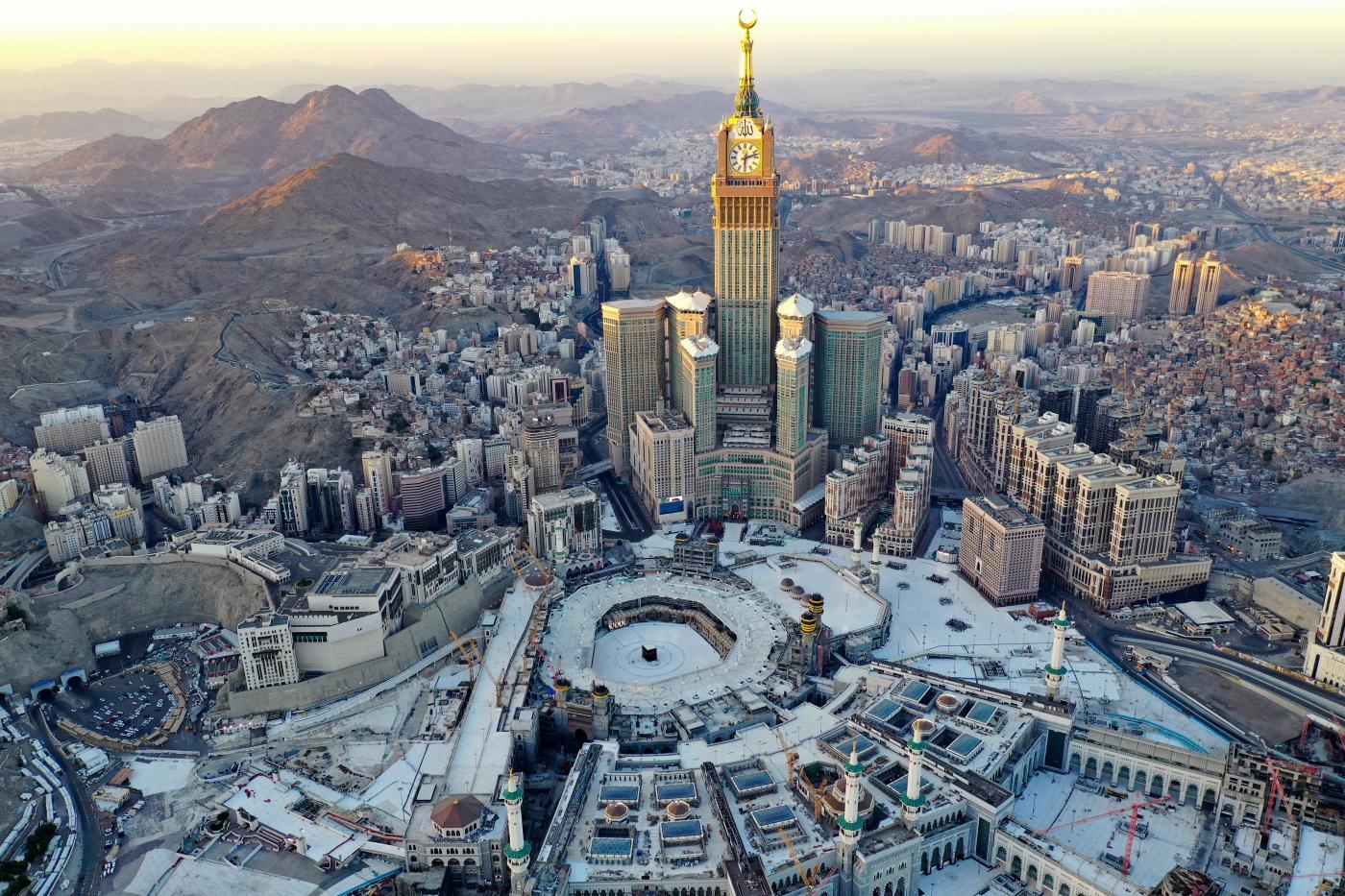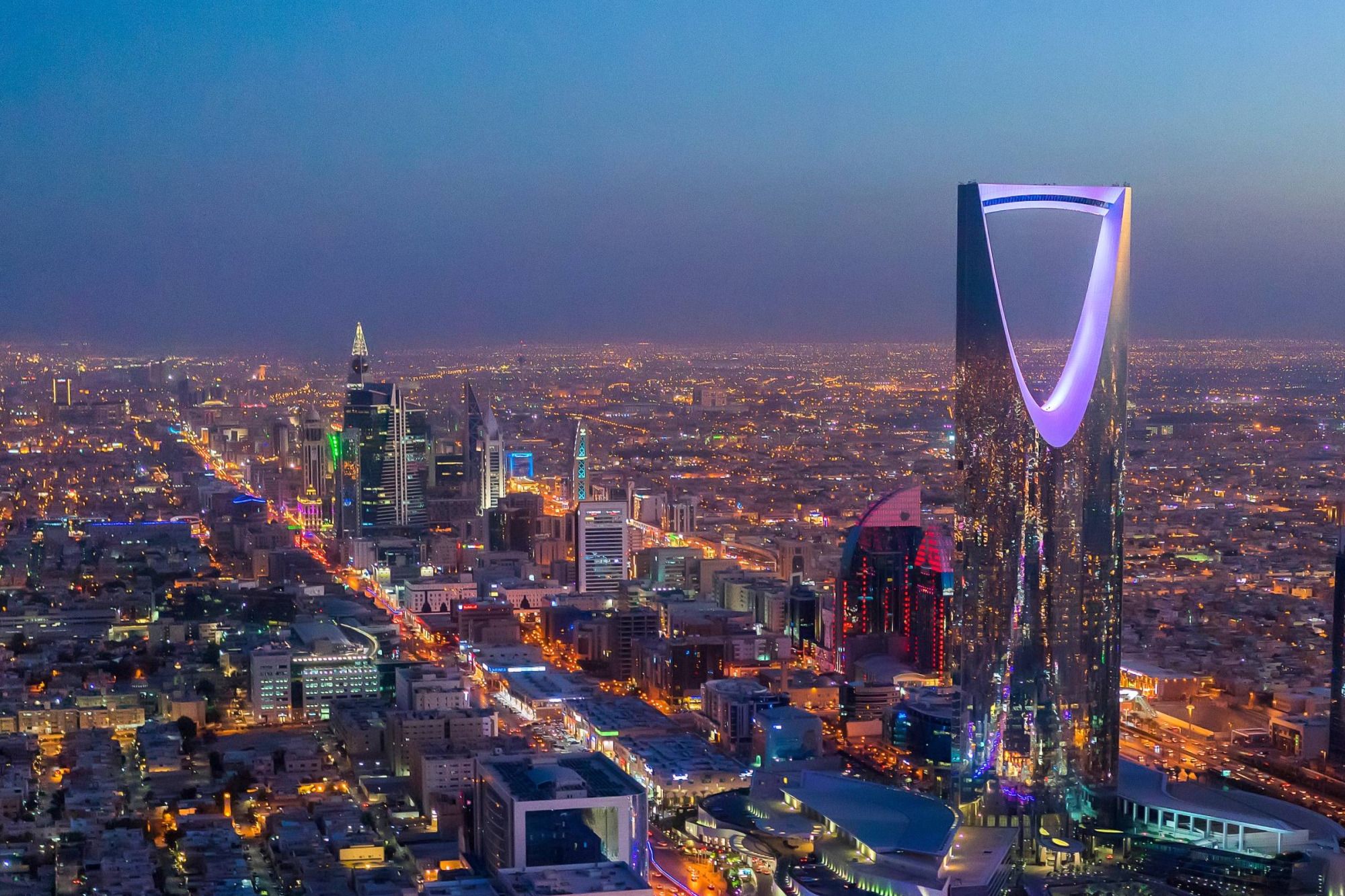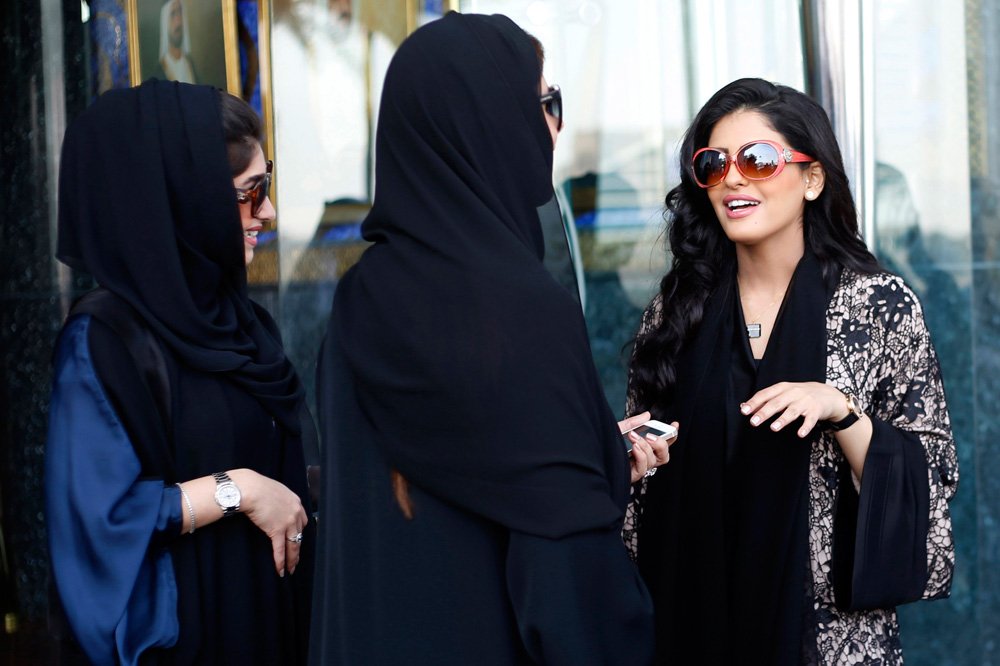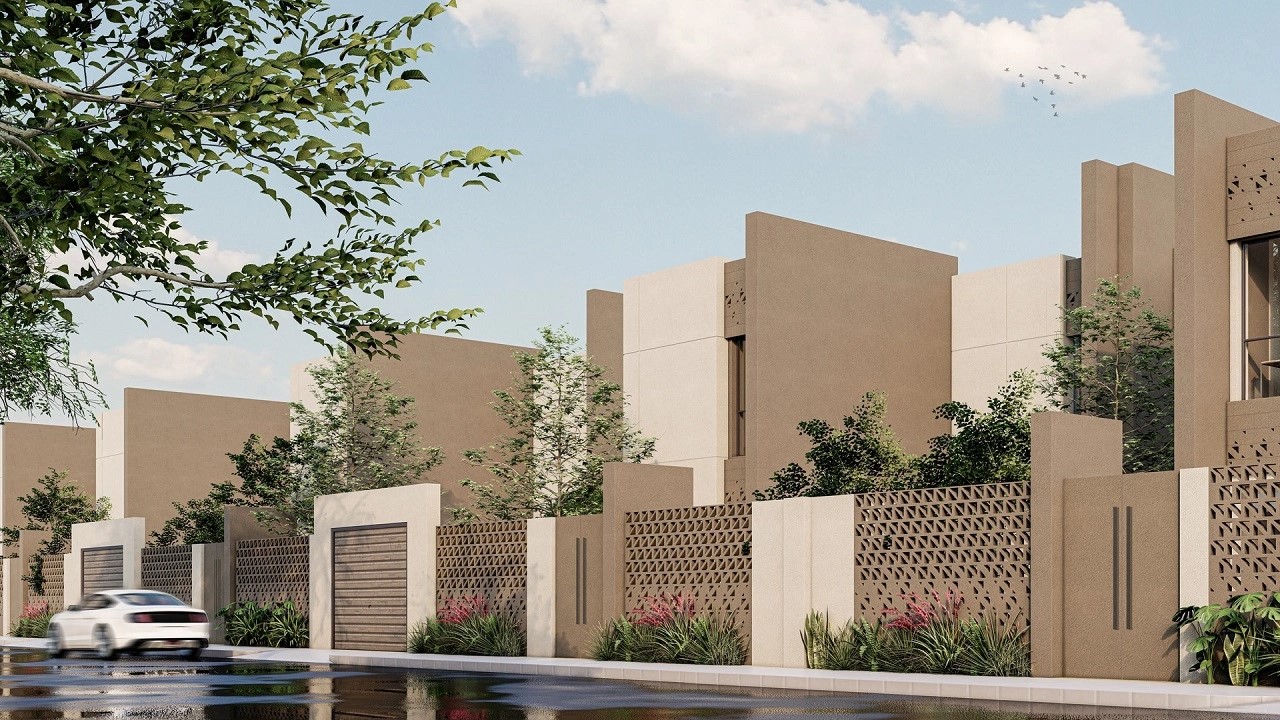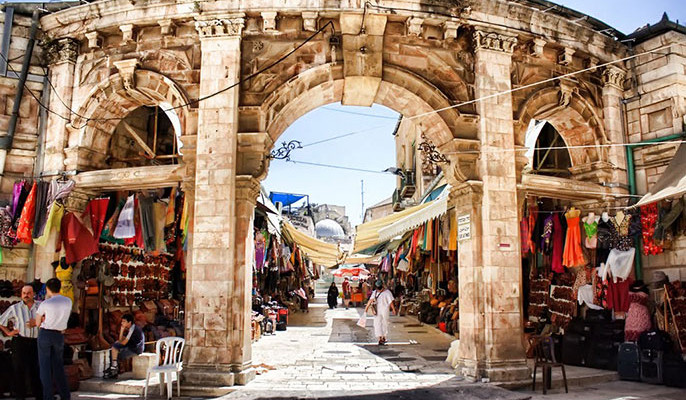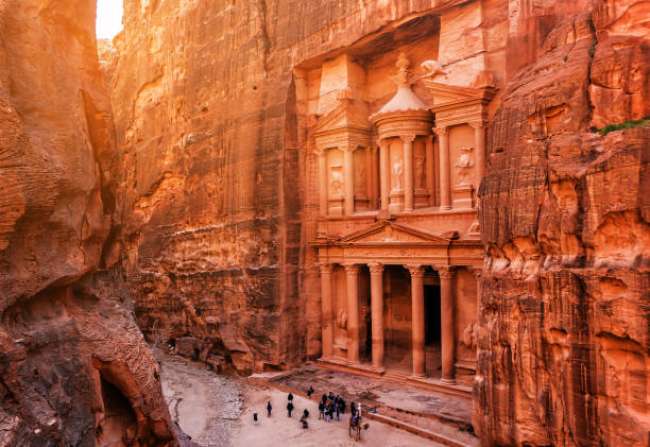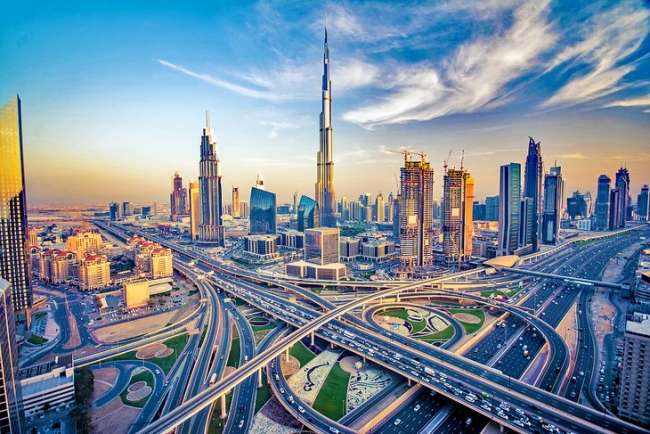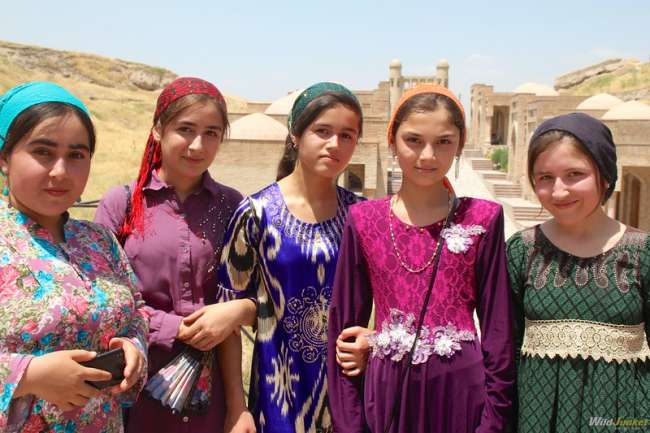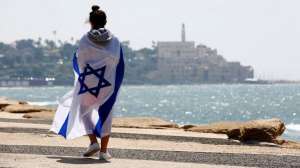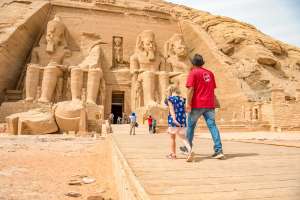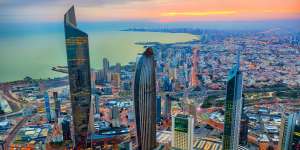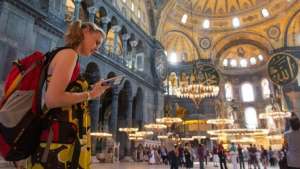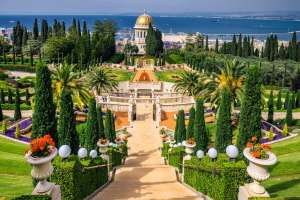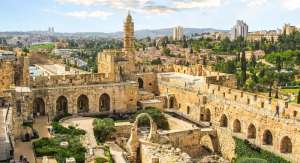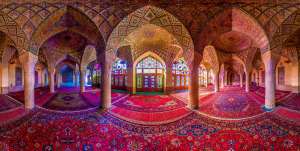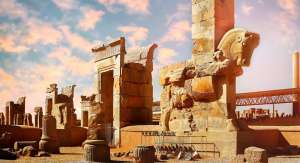Regardless of where they come from or what their ancestral roots might be, the people of Saudi Arabia share two defining characteristics that unite them: they speak Arabic, and they are followers of the Islamic faith. These two pillars of identity shape nearly every layer of Saudi life. Saudis are deeply proud people, guided by a strong sense of personal honor and national dignity. The warmth of their hospitality is famous around the world—visitors are often welcomed with open arms, endless cups of coffee, and a level of generosity that stems from ancient Bedouin traditions rather than mere politeness.
If you’re preparing to start a new chapter of your life in Saudi Arabia, you’re in for an experience that’s both fascinating and challenging. The Kingdom—home to the world’s largest oil reserves—has become a magnet for multinational corporations and foreign professionals. Many move here seeking opportunity, financial stability, and adventure in an unfamiliar land. What follows is a detailed guide that dives into the realities of life as an expat in Saudi Arabia, helping you understand what to expect and how to adapt to the rhythms of this unique country.
Life in Saudi Arabia
At a glance, moving to Saudi Arabia is unlike relocating anywhere else. The culture, laws, and customs are steeped in centuries of tradition and guided by religion, which means that a newcomer’s first experience often involves a dose of cultural shock. Yet, for those who approach Saudi life with respect, curiosity, and patience, the country can become surprisingly accommodating and full of rewarding experiences.
-
Adjusting to Saudi culture takes time—especially with its gender segregation and religious structure—but respectful expats usually adapt successfully.
-
Healthcare services are advanced, though not free for most foreigners. It’s important to secure private health insurance before arrival.
-
Housing can be costly, particularly in modern districts. Many expats choose to live in gated compounds where the rules are more relaxed and life feels somewhat familiar.
The Kingdom of Saudi Arabia spans vast stretches of desert, where dunes stretch endlessly into the horizon. This natural emptiness explains why the nation is relatively sparsely populated. Of its 32 million residents, roughly four-fifths live in major cities such as Riyadh, Jeddah, and Dammam. Among them are more than ten million expatriates—mostly from India, Pakistan, and Bangladesh—drawn by job opportunities in construction, oil, health, and education sectors. Westerners make up a smaller proportion, estimated at just over a hundred thousand, but they are visible in urban centers and international companies.
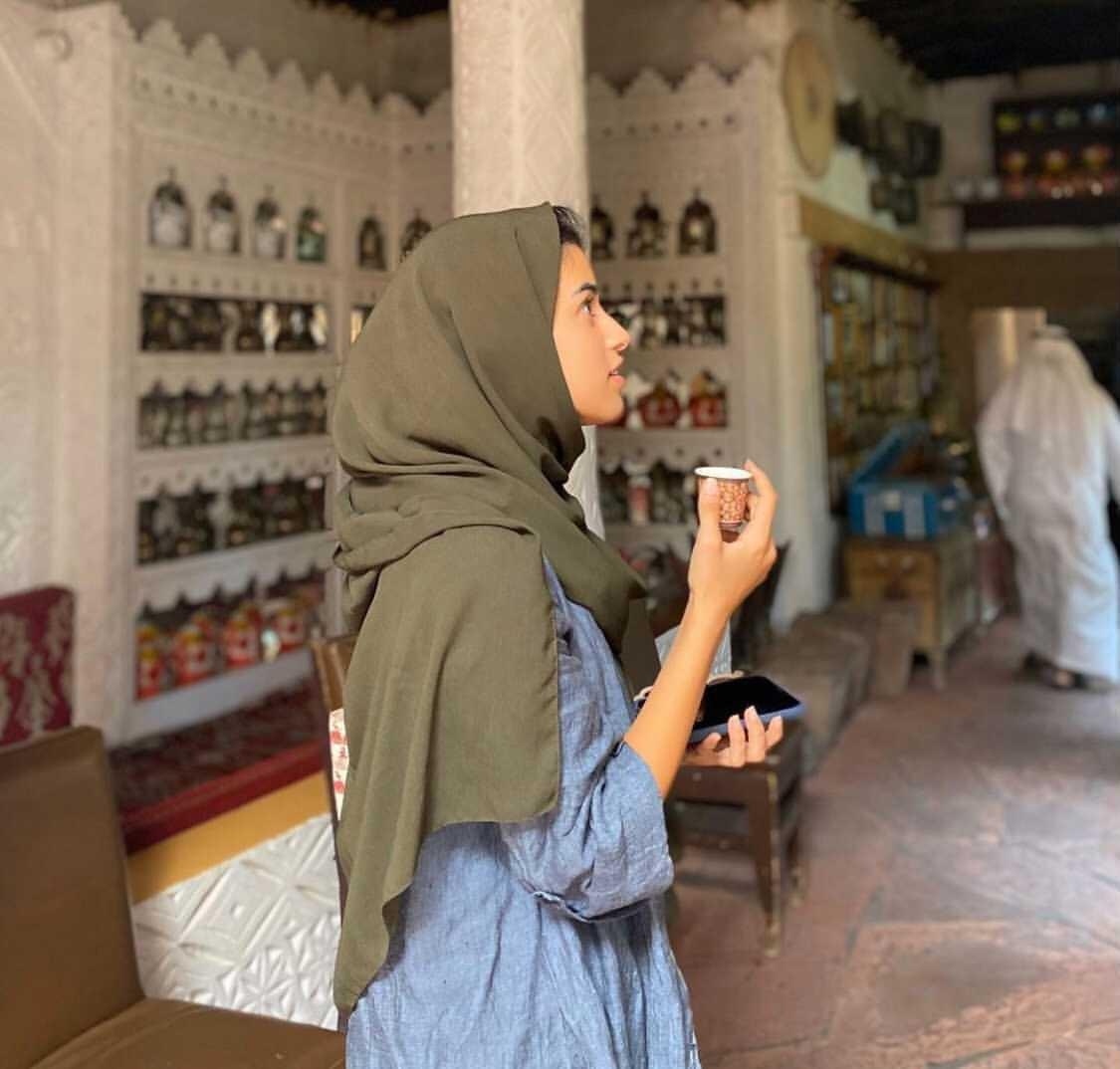
Deeply Traditional Roots
Despite its modern ambitions and glossy city skylines, Saudi Arabia remains one of the world’s most traditional societies. Religion, law, and culture are intertwined in ways that define nearly every aspect of public life. For expats, this can mean strict boundaries on behavior and appearance—but it also offers a glimpse into a society deeply connected to its spiritual and historical foundations.
Saudi traditions draw heavily from both Islamic faith and Bedouin heritage. The importance of family, loyalty, and moral integrity runs deep, shaping not only personal relationships but also the business environment. Family connections often influence social standing, decision-making, and trust—things that may surprise foreigners used to more individualistic systems. In this society, community ties carry great weight, and showing respect for family values is often key to building lasting friendships or partnerships.
The Role of Culture and the Quran
Saudi cultural life is inseparable from its religion. The Quran is not merely a spiritual guide—it defines the ethical and aesthetic framework of the nation. This influence extends even to art, where human representations are traditionally avoided. Instead, artists express themselves through geometric patterns, intricate calligraphy, and abstract forms inspired by divine symmetry.
Although modern cities like Riyadh and Jeddah have slowly opened cinemas and artistic venues, the entertainment scene remains conservative compared to Western standards. Literature, films, and public performances are carefully monitored, often shaped by strict censorship that ensures they align with religious and social norms. Freedom of expression is limited, and political or religious critique can quickly draw official attention.
Still, within these boundaries, creativity thrives in subtle ways—through poetry, music, and design. The Bedouin tradition of storytelling and poetry remains an essential part of Saudi identity, preserving tales of honor, courage, and desert life. For many locals, these oral traditions are as meaningful as modern forms of entertainment.
Interestingly, the cradle of Islam is not filled with historic religious monuments, as one might expect. The scarcity of old shrines or relics reflects the influence of Wahhabism (also known as Salafism), which discourages the construction or veneration of sites that could lead to idolatry. The focus instead remains on pure monotheism and direct worship without intermediaries—an idea central to Saudi religious philosophy.
Gender Separation and the Evolving Role of Women
Gender segregation is perhaps one of the most noticeable features of life in Saudi Arabia. For centuries, the law gave men authority as guardians over women, restricting their independence in most public matters. Women needed male permission to travel, work, or even access certain services. Yet, the past decade has seen visible reform.
King Abdullah’s efforts to increase women’s participation in society paved the way for later progress under King Salman. Women were granted the right to vote and run in municipal elections in 2015—symbolic but significant steps. Later reforms introduced national identity cards for women, allowing them to conduct official business and be recognized as individuals in the eyes of the law. Gradually, the strict guardianship rules have been softened, though they are not completely abolished.
Female expats experience a different reality. While not subject to the same degree of restriction, they must still adhere to public customs—modesty in dress, respectful behavior, and awareness of social boundaries. Driving was once forbidden for all women, but this has changed since 2018, marking a milestone that many locals and foreigners celebrated. Nevertheless, cultural expectations remain conservative, especially outside large cities or expat compounds.
Gender segregation continues to shape daily life. Restaurants, schools, and public facilities often have separate sections for men and families. Swimming pools, gyms, and even coffee shops may follow this pattern. For expat women, understanding these customs early helps avoid uncomfortable situations. Within private spaces—particularly in foreign residential compounds—social norms relax, allowing men and women to interact freely, attend mixed gatherings, or enjoy recreational activities that would be restricted elsewhere.
Dress Code and Public Appearance
In Saudi Arabia, appearance is seen as a reflection of respect—toward oneself, society, and faith. Modesty is more than a suggestion; it’s an expectation embedded in cultural etiquette. Expats who dress conservatively are viewed as polite and culturally aware, which helps immensely in social acceptance.
For women, the abaya—a flowing black robe—is the standard attire in public spaces. While non-Muslim foreigners are not legally required to wear a face veil, many still carry a scarf to cover their hair when entering religious or traditional areas. Abayas are easily found in markets or shopping centers and come in a wide range of modern designs. What was once a strict garment has evolved into a cultural symbol of elegance and identity.
Men are advised to dress modestly too. Shorts or sleeveless shirts are frowned upon in public areas. Western businessmen should wear suits for meetings, though they may switch to lighter fabrics due to the desert heat. Saudis appreciate professionalism and neatness—it’s a silent language of respect.
Sharia Law and Everyday Conduct
Before setting foot in Saudi Arabia, every newcomer should understand that the nation’s legal system is built on Sharia law, derived from Islamic teachings and interpreted through the country’s Wahhabi tradition. This framework governs not only criminal and civil matters but also influences everyday social behavior. What may seem normal or harmless elsewhere can, in Saudi Arabia, be treated as a serious offence.
Acts such as public displays of affection, alcohol consumption, or proselytizing any religion other than Islam can lead to harsh penalties. Homosexuality, adultery, and drug possession are not just frowned upon—they can carry extreme consequences, including corporal punishment or, in rare cases, the death penalty. While these laws are often applied within the framework of religious courts, they apply equally to foreigners and citizens alike.
Although Saudi Arabia has taken small steps toward legal reform—such as revising court procedures and reducing certain punishments—the country’s justice system remains firmly conservative. Suspects can be detained for long periods before trial, and in civil disputes, particularly commercial ones, it’s not uncommon for foreign professionals to have travel restrictions placed on them until a case is settled. For that reason, it’s always wise to handle contracts and legal documents with diligence, ideally with assistance from your embassy or a trusted local advisor.
Healthcare in Saudi Arabia: High Standards with High Costs
Healthcare in Saudi Arabia often surprises newcomers for its sophistication. The country has invested heavily in modern hospitals, specialized clinics, and medical training. In large cities like Riyadh, Jeddah, and Dammam, you’ll find impressive medical centers equipped with the latest technology and staffed by both Saudi and foreign doctors. English is widely spoken in the medical field, and many physicians have completed their studies in Europe or North America.
Saudi citizens receive free or heavily subsidized medical care through the public system. However, expats must rely on private health insurance. It’s not merely a formality; it’s a necessity. Private hospitals offer shorter waiting times, comfortable facilities, and high-quality service—but all at a significant cost. Many companies in Saudi Arabia include health insurance in their expat employment packages, though coverage levels vary. It’s worth reviewing the details before signing a contract to avoid unexpected expenses later.
One of the system’s strengths is efficiency. Even in the public sector, waiting periods are generally short, and emergency rooms are responsive. But because ambulance services can be inconsistent, new arrivals should locate the nearest hospital early on. In urgent cases, many locals and foreigners alike find it faster to take a taxi or drive directly to the hospital rather than wait for an ambulance.
When Emergencies Strike
Every major hospital has an emergency department, and most are open 24 hours a day. However, the speed and reliability of ambulance services can vary from city to city. Knowing where the nearest hospital is—and how to get there quickly—is crucial. When in doubt, taking your own transport is often the safer choice.
If language becomes a barrier, hospitals typically have interpreters or English-speaking staff to assist foreign patients. Still, learning a few basic Arabic medical phrases can make a big difference in communication and comfort, especially if you’re living outside major urban areas.
Pharmacies and Medications
Saudi pharmacies are generally well stocked, with most common medications available. However, prescription laws differ significantly from those in the West. Certain drugs, such as antibiotics, are sold freely, while others—especially antidepressants, sleeping aids, and stimulants—are banned unless supported by strict medical documentation.
If you’re on prescribed medication, always bring a valid doctor’s note, ideally translated into English or Arabic, explaining the medical need. Customs officials can be strict about imported pharmaceuticals, and misunderstandings may cause complications. Pharmacies are usually open both mornings and afternoons, and larger cities always have at least one pharmacy operating overnight.
Education and Housing in Saudi Arabia
Saudi Arabia’s education system mirrors the nation’s religious and cultural structure. Public schooling is free for all citizens and strictly segregated by gender. Students progress through elementary, intermediate, and secondary levels, with curricula emphasizing religion, Arabic, and moral studies. For locals, the study of Islam is central to education at every level, including universities.
For expatriates, the situation is different. Arabic is the primary language of instruction in state schools, making them unsuitable for most foreign children. Instead, expat families usually turn to private or international schools, where English or another foreign language is the medium of instruction.
Over the past decade, the Saudi government has made notable efforts to modernize education. Investments in teacher training, new universities, and scholarships abroad have started to reshape the academic landscape. Still, the balance between traditional religious teaching and modern technical skills remains a work in progress.
Private and International Schools
Private schools in Saudi Arabia cater to both affluent Saudi families and the expat community. While the government supervises them to ensure national standards, they often have more flexibility in teaching styles and subjects. These schools frequently use English, offer co-educational classes, and avoid religious restrictions that public schools enforce.
International schools are particularly popular among expat families. Cities like Riyadh, Jeddah, and Al-Khobar host institutions following American, British, Indian, or Pakistani curricula, as well as schools offering the International Baccalaureate (IB). Admissions can be competitive, and spaces fill quickly, so applying well in advance is essential.
Tuition fees are high, but these schools provide continuity for children who may later move back home or relocate again. Some are supported by embassies or foreign ministries, offering a familiar environment for children adjusting to life in Saudi Arabia.
Housing and Life in Compounds
Accommodation is one of the biggest expenses for expats in Saudi Arabia. Most newly developed housing caters to middle and upper-income residents, with high-end amenities and modern designs. Affordable housing options exist but are often located farther from city centers or lack Western-style conveniences.
The majority of foreigners live in residential compounds, self-contained gated communities that resemble small neighborhoods. These compounds vary widely—from modest low-rise apartments to luxurious mini-towns complete with swimming pools, gyms, restaurants, and shops. Inside compounds, social norms are relaxed: women can drive, wear casual clothing, and mingle freely. For many expats, life inside these communities offers a comfortable balance between Saudi tradition and international familiarity.
However, this comfort comes at a price. Rents for compounds are significantly higher than for regular apartments. Employers often subsidize accommodation or provide housing allowances as part of the employment package. When negotiating a job offer, clarifying housing support is crucial, as compound availability can be limited.
Renting Property in the Kingdom
Before 2011, foreigners were not allowed to own property in Saudi Arabia. While ownership laws have since changed, most expats still rent. Rental contracts typically range from six months to a year and are paid upfront or quarterly. Deposits are common, and landlords may require post-dated checks for the entire term.
It’s wise to request a certified English translation of your lease agreement, as the official document will almost always be written in Arabic. Most rentals come unfurnished, but local markets and furniture stores make it easy to furnish a new home. If your employer doesn’t assist with housing, word-of-mouth recommendations from fellow expats or online listings in English-language newspapers like Arab News can help you find reliable agents.
Covered parking is an essential feature—Saudi heat and desert dust can quickly damage vehicles. Many buildings include shaded parking, but confirm this detail before signing a lease.
Why So Many Choose to Live and Work in Saudi Arabia
Relocating to Saudi Arabia isn’t only about work—it’s also about opportunity, lifestyle, and experience. For all its restrictions, the Kingdom offers many advantages that attract people from across the world.
1. Financial Opportunities
The financial appeal is undeniable. Salaries in Saudi Arabia are tax-free, which allows professionals to save far more than they would in most countries. In some cases, expats can save up to half of their income, particularly when housing and healthcare are provided by employers. High wages combined with no personal income tax make the country an attractive destination for ambitious professionals seeking rapid financial growth.
2. Career Development
Working in Saudi Arabia can significantly strengthen a professional résumé. International companies recognize the challenge of adapting to the Kingdom’s business culture and value the resilience and cross-cultural understanding it requires. Managing projects in a region with strict regulations and diverse workforces demonstrates adaptability, leadership, and a global mindset—qualities highly valued worldwide.
3. The Weather
Saudi Arabia’s climate is defined by sunshine and extremes. For several months each year, temperatures soar above 40°C, making outdoor life challenging. Yet for the remaining seasons, the weather becomes pleasantly warm, inviting outdoor gatherings, picnics, and beach visits. Air conditioning is everywhere, making even the hottest days manageable. For those who appreciate long summers and clear skies, the Kingdom provides a consistency few countries can match.
4. A Comfortable Lifestyle
Despite the heat and restrictions, the standard of living in Saudi Arabia is generally high. Many expats can afford domestic staff such as drivers, maids, and gardeners, services that might be luxuries elsewhere. Dining out is common, and shopping centers are air-conditioned sanctuaries where families gather to socialize. The rhythm of life may seem slower, but it’s also more deliberate—focused on family, relaxation, and community.
5. Gateway to Global Travel
The Kingdom’s location makes it an ideal travel hub. With neighboring countries like the UAE, Bahrain, and Oman only short flights away, and with Europe, Africa, and Asia within easy reach, Saudi Arabia is strategically positioned for exploration. Riyadh is just two hours from Dubai, and Saudi Airlines operates modern fleets with competitive prices, linking travelers to destinations across the world.
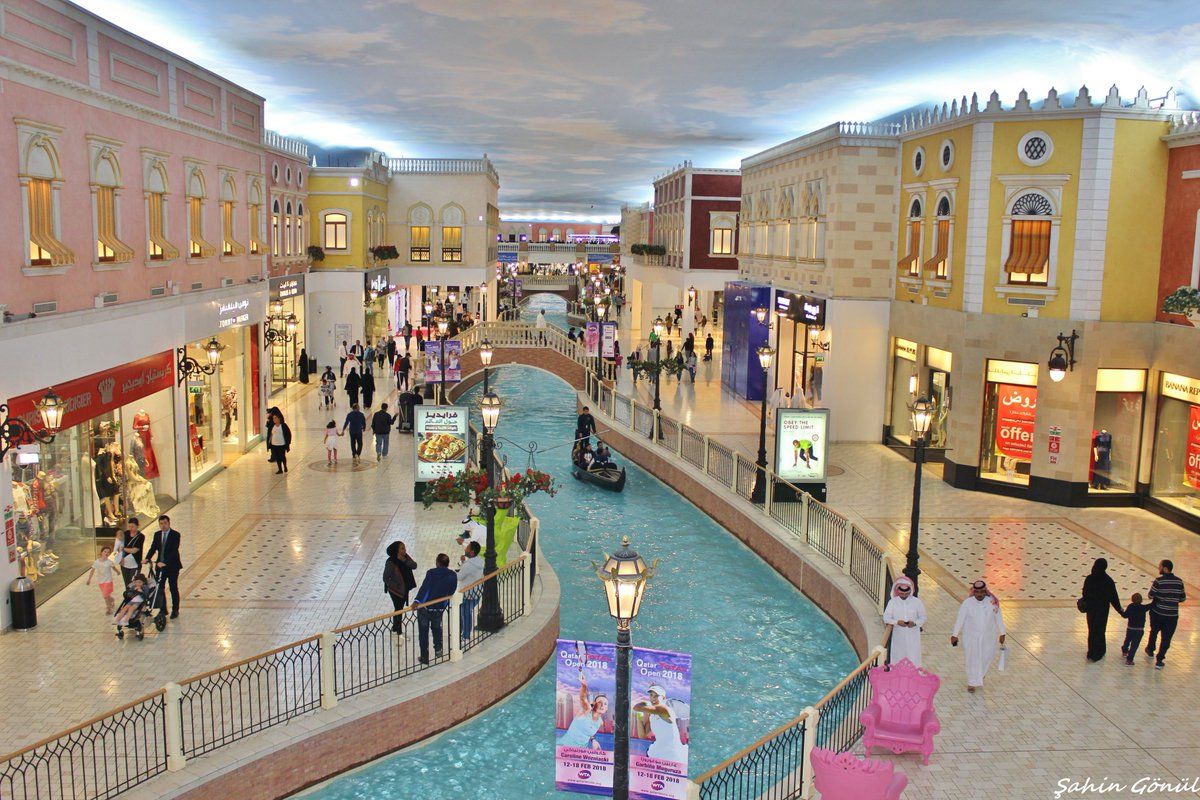
6. Shopping and Modern Comforts
Saudi cities are dotted with vast shopping malls that rival those in any Western metropolis. These malls aren’t just commercial spaces—they’re social hubs. From international fashion brands to gourmet food courts, shopping in Saudi Arabia is as much a leisure activity as it is a necessity. One of the most iconic malls, the Kingdom Centre in Riyadh, offers panoramic views from its Sky Bridge and a curated mix of luxury boutiques, local designers, and family-friendly attractions.
7. Food, Dining, and Local Flavors
Eating in Saudi Arabia is both a sensory and cultural experience. The cuisine reflects Arabian hospitality—lavish, flavorful, and communal. Meals are often shared from large platters, symbolizing unity and generosity. Expats can enjoy everything from budget-friendly shawarma stalls to elegant fine-dining restaurants offering cuisines from every corner of the world.
Traditional Saudi dishes such as kabsa (spiced rice with meat) and mutabbaq (stuffed pancake) reveal the region’s love of aromatic spices and slow-cooked meats. Mint tea, Arabic coffee, and the sweet scent of shisha fill the air in many cafés. Though alcohol is banned, social life revolves around food, conversation, and hospitality.
8. Cultural Experience
Living in Saudi Arabia allows expats to witness a culture that blends ancient traditions with modern transformation. Saudis are known for their politeness and generosity once trust is established. Visiting historical sites, the Red Sea’s coral reefs, or the desert landscapes around Al-Ula reveals a country far more diverse and beautiful than stereotypes suggest.
The experience can be transformative—teaching patience, adaptability, and appreciation for cultural difference. It’s a place where time moves differently, where life revolves around faith, family, and hospitality.
Saudi Arabia may not be the easiest country for foreigners to adapt to, but for those who approach it with respect and curiosity, it offers something truly rare: a chance to live at the intersection of history and modernity, faith and innovation, tradition and progress. Those who come seeking only work may leave with a deeper understanding of a civilization that has stood at the heart of the Arab world for centuries.


